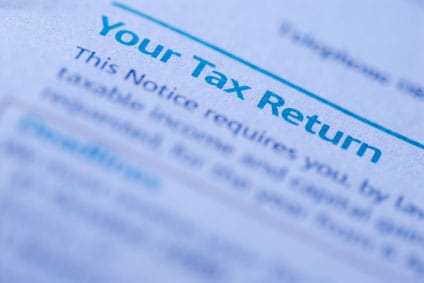UK expats at risk of being caught by residency test changes
As the British government seeks ways of supplementing its tax take, the British residency test will be changing from April 2012. If you are a British citizen who’s working in Dubai, Hong Kong, or Singapore because you want to pay less tax, this could be a big issue. The new rules are complex but, in a nutshell, you could put yourself at risk if you visit the UK for more than 10 days per year. Coming back to the UK for more than that makes you fall into the connections tests and at risk of being classified as UK resident.
These connections tests look at various things, including whether you still have a house in the UK, whether your family are based in the UK and whether you have financial ties to the UK. Although children at boarding school are not counted as being ‘family in the UK’ during term time, they will count as ‘family in the UK’ if they remain in the country staying with grandparents or friends during school holidays. Equally, when the new rules come into effect in April, there will be a look back over three years at people’s previous visits and connections.
The new tests are classified in three mutually exclusive layers of tests of increasing complexity; if the initial simple tests are passed, there is no need to consider the more complex ones. The first layer of tests can establish that an individual is not resident in the UK in any tax year in which he or she:
- is in the UK at midnight for fewer than 45 days and was not UK resident in any of the prior three tax years under the rules applying in those prior years (no transitional arrangements are proposed), or
- is in the UK at midnight for fewer than 10 days in the year and the individual has been UK resident in one or more of the prior three tax years under the rules applying in those prior years, or
- left to work full-time (at least 35 hours a week) outside the UK for a whole tax year and any visits back to the UK in that tax year were fewer than 90 days and working days (excluding training or other incidental duties) where more than three hours work is carried out in the UK did not exceed 20 in that tax year.
If an individual meets none of these three tests, then the second layer of tests must be considered. The second layer of tests establishes that an individual is resident in the UK for a tax year where he or she:
- is present in the UK for 183 days or more, or
- has his or her only home in the UK (or has several homes all of which are in the UK), or
- carries out full-time work (at least 35 hours a week) for a continuous period of over nine months with at least 75% of the work performed in the UK.
A home means a place of residence (owned or rented) available to the individual, but a home will be ignored if it is let to tenants or advertised for sale. Therefore, individuals will need to take care over their living arrangements to avoid becoming UK resident. For example, if an individual comes to the UK and lets the family home in his or her home country, renting a UK property will make it the only home.
If an individual meets none of the above tests then the third layer of tests must be considered. Those are quite complex and beyond the scope of this article. But it's clear that the new rules may make it necessary for expats to reduce or cancel planned visits to the UK or prepare to sell or let out UK property in 2011/12 to ensure that non-residence status can be maintained in 2012/13.



